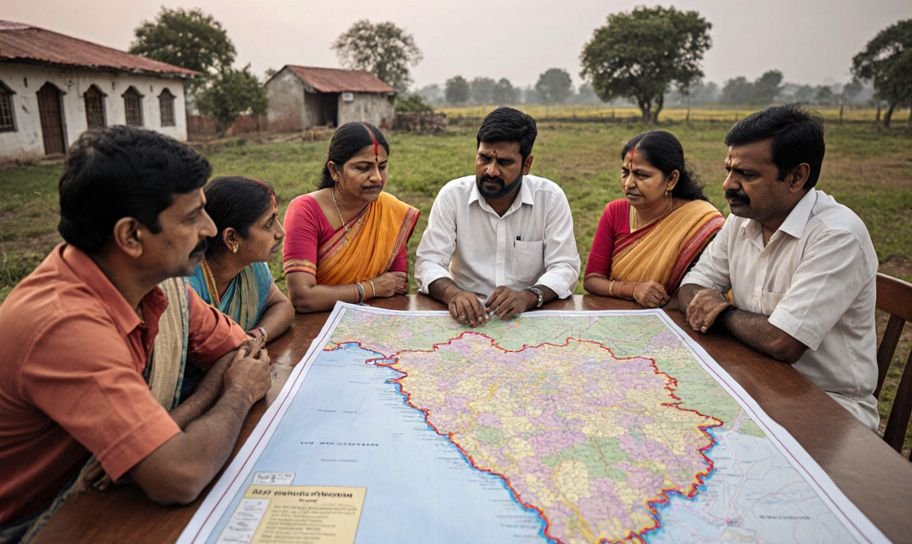
The Bombay High Court, Aurangabad Bench, has turned down multiple requests that challenged the drawing of electoral ward boundaries in Maharashtra. The court stressed the importance of following rules and the need to hold local elections soon.
Several petitions were filed against the State of Maharashtra and its Election Commission about how the electoral wards were set up for upcoming local elections. Baban Vishnu Tupere and others claimed that the boundaries were drawn unfairly to benefit certain political parties and that this caused problems for voters.
The court, led by Judges Manish Pitale and Y.G. Khobragade, pointed out its limited ability to get involved in election matters:
"The courts cannot interfere with the drawing of voting districts unless there's a clear violation of constitutional rules."
Petitioners' Claims: Baban Vishnu Tupere and others said that their concerns about the draft notifications were ignored or not handled properly. They argued that changes to the voting boundaries were politically motivated.
Court's Analysis: The court found that the concerns were considered, and decisions were made following the rules. It noted that the process followed a zig-zag pattern to balance population and keep natural boundaries.
Past Cases: The judgment mentioned past Supreme Court decisions, highlighting that courts should not delay elections by considering petitions that challenge ward formation without strong evidence of rule-breaking.
Taluka Kalamnuri, District Hingoli: The court found that concerns were addressed with detailed reasons and dismissed claims of unfairness.
Taluka Mahur, District Nanded: The court supported the changes, citing proper procedure and population balance as reasons.
Taluka Jamkhed, District Ahilyanagar: Baban Vishnu Tupere and others did not prove any bad intentions or mistakes in the process, leading to dismissal.
All petitions were dismissed, and the court allowed the election process to continue without further legal obstacles. This judgment highlights the court's role in balancing careful examination of legal matters with the practical needs of running a democracy.